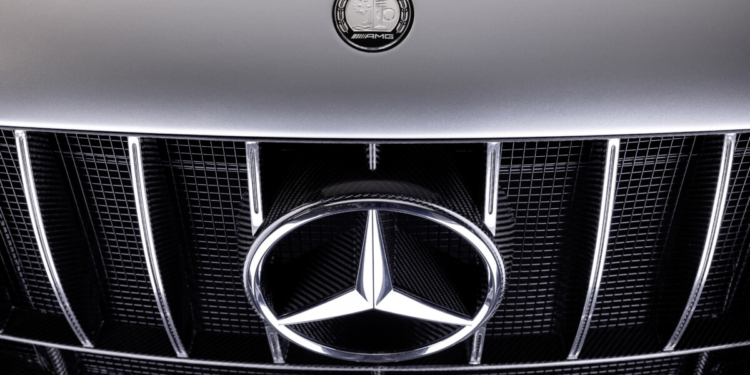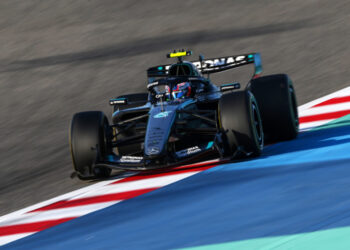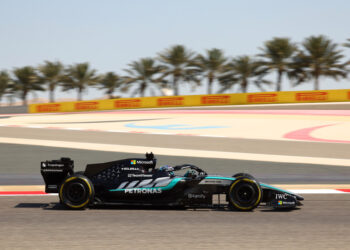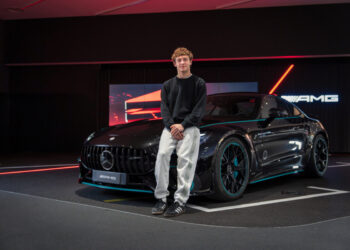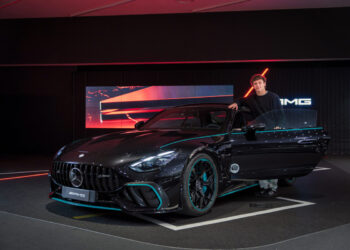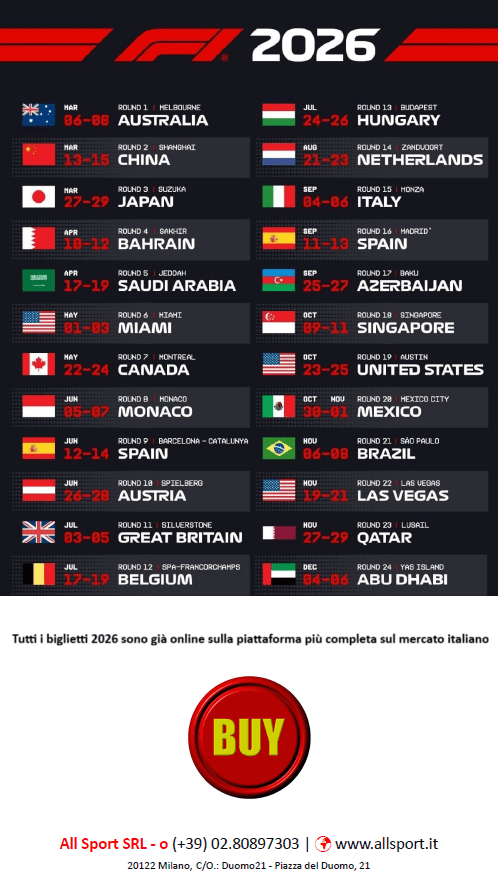Di seguito, la posizione ufficiale di Mercedes-Benz AG in merito alla recente approvazione da parte del Parlamento europeo dei nuovi obiettivi vincolanti per la riduzione delle emissioni di CO2 di autovetture e veicoli commerciali leggeri di nuova produzione.
- In principle, we welcome the decision. By 2030, we are poised to go fully electric wherever market conditions allow. However, the resolution also obliges politicians to provide the necessary infrastructure. Decisive for the success of climate protection in transport is the acceptance of the new and not just the ban on traditional technologies.
- Our goal is and remains emission-free mobility. We use all possibilities to reduce emissions quickly and sustainably. We are developing new and increasingly efficient drive technologies and putting them on the road.
- By the end of the decade, we will be ready to become fully electric – wherever market conditions allow. With this strategic step from “electric first” to “electric only”, Mercedes-Benz is accelerating its transformation into an emission-free and software-driven future.
- The portfolio already includes nine fully electric models (without smart). (EQA, EQB, EQC, EQE, EQE SUV EQS, EQS SUV, EQV, EQT = 9)
- Since 2022 Mercedes-Benz has been offering battery-electric vehicles (BEVs) in all segments where the brand is represented
- From 2025, all new vehicle architectures will be purely electric. In the same year, Mercedes-Benz will introduce three new electric architectures.
E-Fuels:
- The Mercedes-Benz strategy is clear: our focus is on battery-electric vehicles. By 2030, we are poised to go fully electric wherever market conditions allow. The decisive factor now is the development and expansion of the charging infrastructure.
- We see eFuels in particular as an option for the existing fleet. Regenerative fuels can make a contribution here to reducing the proportion of fossil fuels. This can also be a solution for ships or airplanes. However, for reasons of energy efficiency, it is best to charge green electricity directly into the battery. Converting green electricity into eFuels is a process that reduces energy efficiency.

